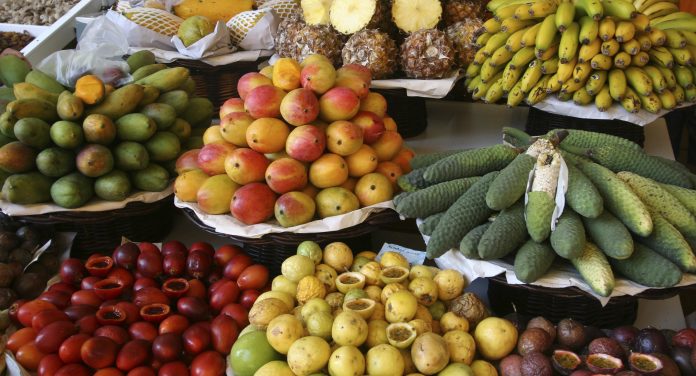ISLAMABAD: In a recent drive to drastically reduce food imports into the country, the Ministry of Commerce (MoC) has taken strict measures to enforce quarantine rules at ports. As a result, many exporters of food items, vegetables and fruits in various countries like Iran, Indonesia are reportedly unhappy along with other partnering trade countries.
The “imports rationalisation drive”, initiated by MoC, has drastically reduced imports of food items. But at the same time, the move has badly affected the exporters of other countries and Pakistani importers, reliable sources told Pakistan Today.
“The major reactions are coming from Iran and Indonesia where import of food items have been reduced after the strict implementation of phytosanitary and quarantine rules,” said sources. The ministry, in a new move to rationalise imports had earlier decided to discourage unnecessary imports of agricultural products by strictly implementing the quarantine standard under the sanitary and phytosanitary (SPS) agreements.
According to the sources, Iranian agricultural ministry, while taking serious notice of over 90 per cent halt in export of food items to Pakistan, has asked the concerned authorities to restrict the imports from Pakistan in retaliation of the treatment.
The Iranian ministry has also reportedly asked concerned authorities to take measures for reducing imports of rice, kinnow and other food items from Pakistan.
The ministry has also informed its government that Iran usually imports food items from Pakistan relaxing rules and softening the quarantine standards. Due to the relaxed treatment, Pakistan’s exports to Iran has been increased by 42 per cent during the past nine months whereas Iran’s exports to Pakistan have only increased by 7 per cent in the same period.
It further adds Pakistani exports are not only intended for Iranian market but also for Central Asian states using the Iranian territory/route. This is why the restriction on the part of Iran may also affect the exports to Central Asian states, sources added.
Talking to Pakistan Today, MoC official spokesperson Muhammad Ashraf said that government has not introduced any new rules or conditions in order to restrict imports of food items. It has rather tried to enforce existing quarantine rules with the help of ministry of food security and research and it’s Plant Protection Department (PPD). He further said the imports of unnecessary items were reduced after the initiative causing an overall reduction in imports bill.
However, a source at MoC claimed that warnings of retaliation to Pakistan’s trade rationalisation by some countries were actually the pressurising tactics to get more relaxation on imports. “Interestingly our importers also convinced the exporters of foreign countries to develop pressure on the diplomatic front to keep the business going on as usual,” he said adding that the impression that Pakistan’s products are treated with relaxed rules at borders of trading partners are not true. “Our products, sometimes, are treated differently by Iran, despite the Preferential Trade Agreement (PTA) signed in 2006,” he added.
The ministry in a bid to reduce imports bill, was in the mode to create non-tariff barriers (NTBs) for imports of food items in safety and quality standards under the SPS agreement, and technical standards sought under the technical barriers to trade by the World Trade Organisation (WTO).
The SPS agreement applies to some specific areas including protection against risks arising from additives, contaminants, toxins or disease-causing organisms that protect human life from planter animal-borne diseases, and protection from pests, diseases, or disease-causing organisms.
The SPS is widely used by WTO member countries because NTBs for environmental protection, consumer safety, interests, etc have increasing impact on regional as well as global trade. The members are authorised to implement these NTBs to protect the health of humans, animals and plants; in fact, all living organisms.




